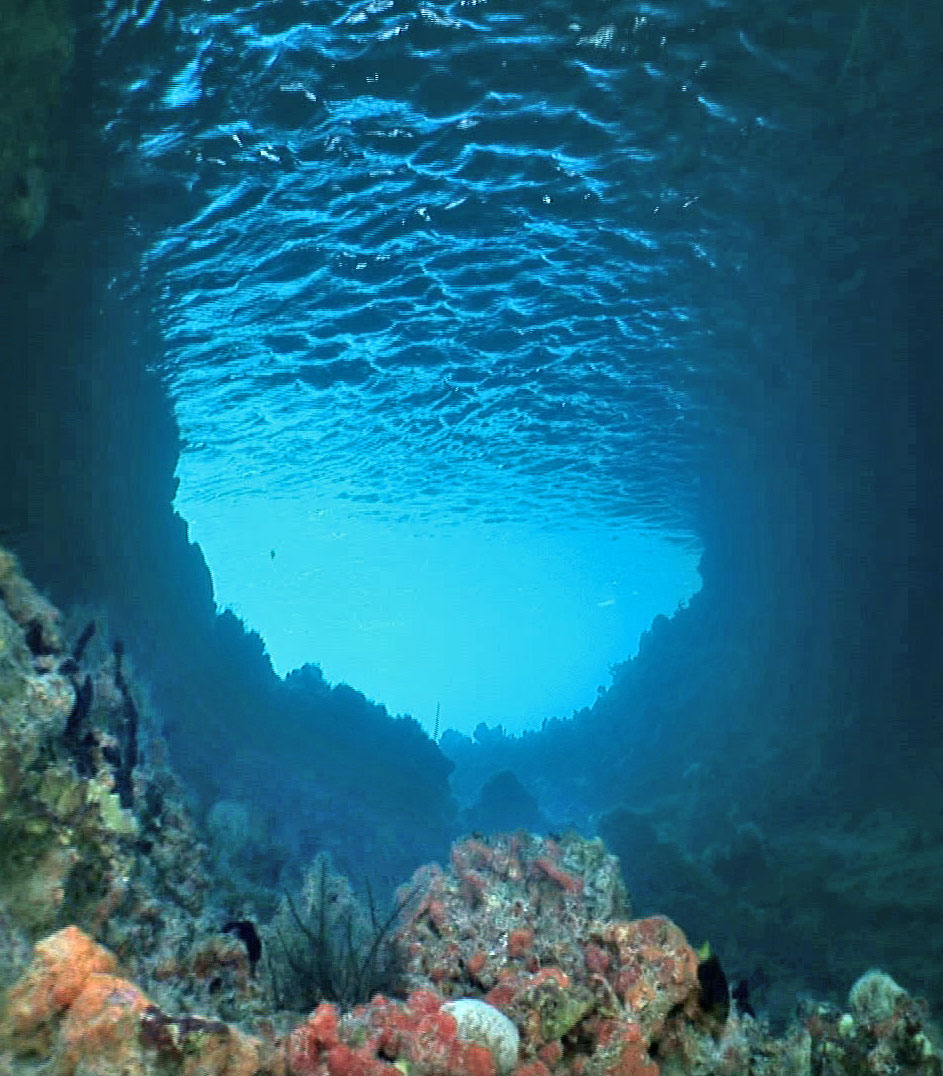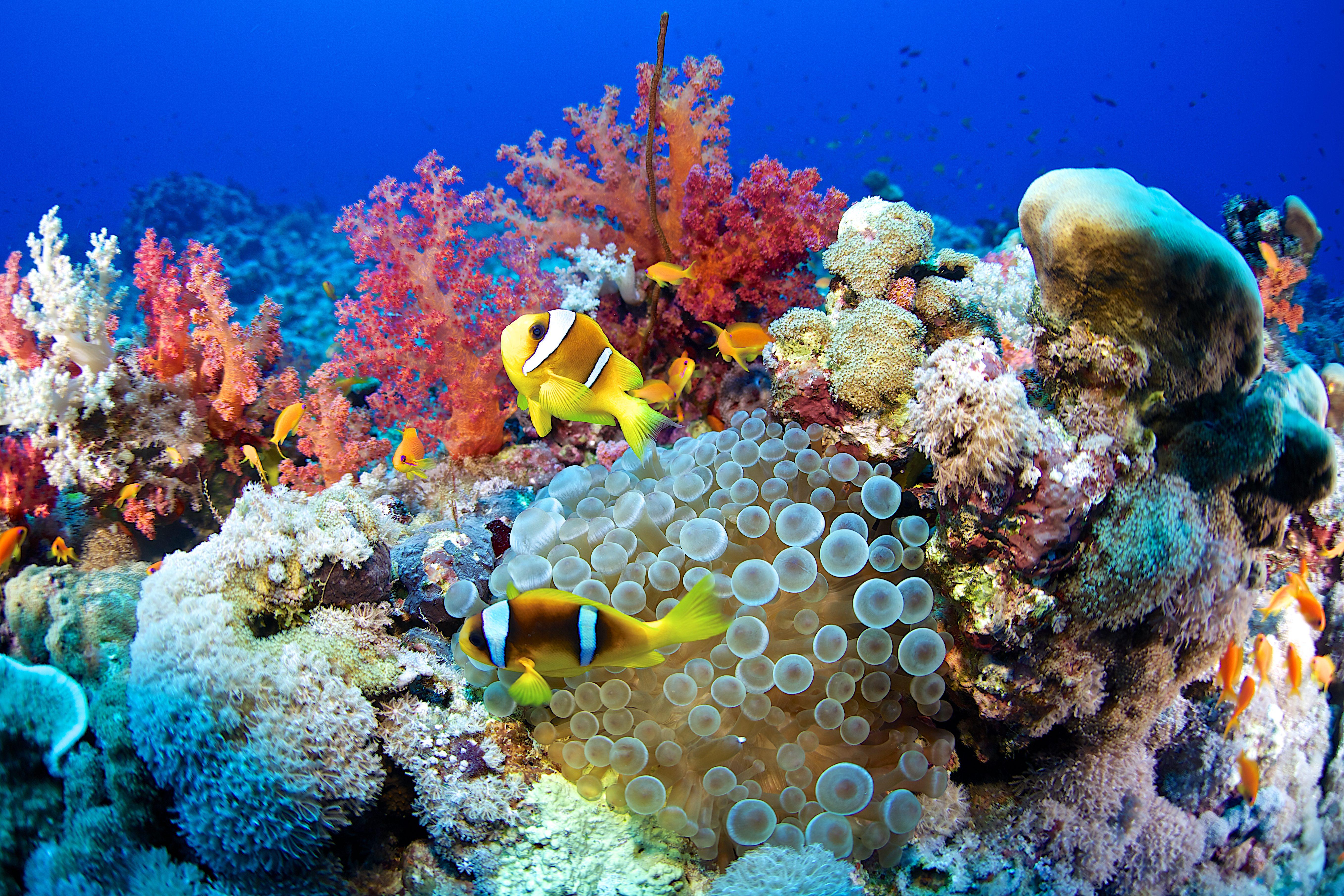Underwater exploration has fascinated humanity for centuries, sparking curiosity and wonder about the vast, uncharted territories beneath the ocean's surface. From the colorful coral reefs to the dark depths of the abyss, the underwater realm is a treasure trove of biodiversity and natural beauty. As we delve deeper into the mysteries of this world, we begin to understand the critical role that aquatic ecosystems play in maintaining the balance of our planet's health.
Every year, scientists and adventurers embark on daring underwater expeditions, using advanced technology to unlock the secrets of the deep sea. These explorations not only reveal the breathtaking landscapes and the myriad of marine life but also highlight the environmental challenges facing our oceans, such as pollution and climate change. It's a reminder of how interconnected our existence is with the health of these underwater ecosystems.
In this article, we will take a closer look at various aspects of the underwater world, from its breathtaking beauty to the technological advancements that aid our explorations. We will also address some commonly asked questions about underwater exploration, providing insights into the mysteries that lie beneath the waves.
What Is Underwater Exploration?
Underwater exploration refers to the investigation of the ocean and other bodies of water using various methods and technologies. This field encompasses a wide range of activities, including marine biology studies, archaeological dives, and underwater photography. The aim is to uncover the secrets of the aquatic environment while promoting conservation efforts to protect these vital ecosystems.
Why Is Underwater Exploration Important?
Understanding the significance of underwater exploration is crucial for several reasons:
- It helps in the conservation of marine biodiversity.
- Uncovers valuable resources, including new species and potential medical breakthroughs.
- Assists in understanding climate change and its impact on marine environments.
- Enhances our knowledge of ancient civilizations and historical artifacts.
What Types of Technologies Are Used in Underwater Exploration?
Advancements in technology have revolutionized underwater exploration, enabling scientists to gather data more efficiently. Some of the key technologies used include:
- Submersibles: Manned or unmanned vehicles designed for deep-sea exploration.
- ROVs (Remotely Operated Vehicles): Unmanned robots that are controlled from the surface.
- Sonar Mapping: A technology used to create detailed maps of the underwater terrain.
- AUVs (Autonomous Underwater Vehicles): Robots that can perform tasks without direct human control.
Who Are Some Famous Underwater Explorers?
The field of underwater exploration has been shaped by numerous remarkable individuals. Here are a few notable explorers:
| Name | Nationality | Contributions | Year Active |
|---|---|---|---|
| Jacques Cousteau | French | Co-invented the Aqua-Lung and made marine conservation popular. | 1940s - 1990s |
| Robert Ballard | American | Discovered the wreck of the Titanic and explored hydrothermal vents. | 1970s - Present |
| Sylvia Earle | American | Marine biologist and conservationist known for her underwater expeditions. | 1970s - Present |
What Challenges Do Underwater Explorers Face?
Underwater exploration is not without its challenges. Some of the most significant obstacles include:
- Extreme pressure at great depths can damage equipment.
- Limited visibility can hinder navigation and observation.
- Unpredictable ocean currents can pose risks to divers and equipment.
- Environmental concerns, such as pollution, can impact marine life.
How Can We Protect Our Underwater Ecosystems?
As we continue to explore the underwater world, it becomes increasingly vital to implement strategies for protecting these ecosystems. Some effective measures include:
- Establishing marine protected areas (MPAs) to conserve biodiversity.
- Reducing plastic waste and pollution entering the oceans.
- Promoting sustainable fishing practices to prevent overfishing.
- Supporting research and education initiatives focused on marine conservation.
What Future Developments Can We Expect in Underwater Exploration?
The future of underwater exploration looks promising, with advancements in technology and a growing global interest in marine conservation. Scientists are developing new tools for underwater research, such as better imaging systems and autonomous vehicles, which will enhance our understanding of underwater ecosystems. Additionally, collaborations between countries and organizations will help to promote international efforts in ocean conservation.
Conclusion: The Endless Wonders of the Underwater World
Underwater exploration continues to captivate the imagination, revealing the breathtaking beauty and complexities of our planet's aquatic environments. As we strive to uncover the mysteries held beneath the waves, we must also commit to protecting these invaluable ecosystems for future generations. By fostering a deeper understanding and appreciation for the underwater world, we can ensure its health and vitality for years to come.
You Might Also Like
Pablo Escobar's Son: Unveiling His Net WorthUnraveling The Truth: Is Bobby Flay Divorced?
Mr. Moseby Arrested: The Shocking Turn Of Events
Is Andrew Garfield Married? Unveiling The Spider-Man Star's Romantic Life
Unveiling The Mystery Of Leers
Article Recommendations
- East Multnomah Soil And Water Conservation District
- Charleston White Shot In Chicago
- Germania Insurance Amphitheater


